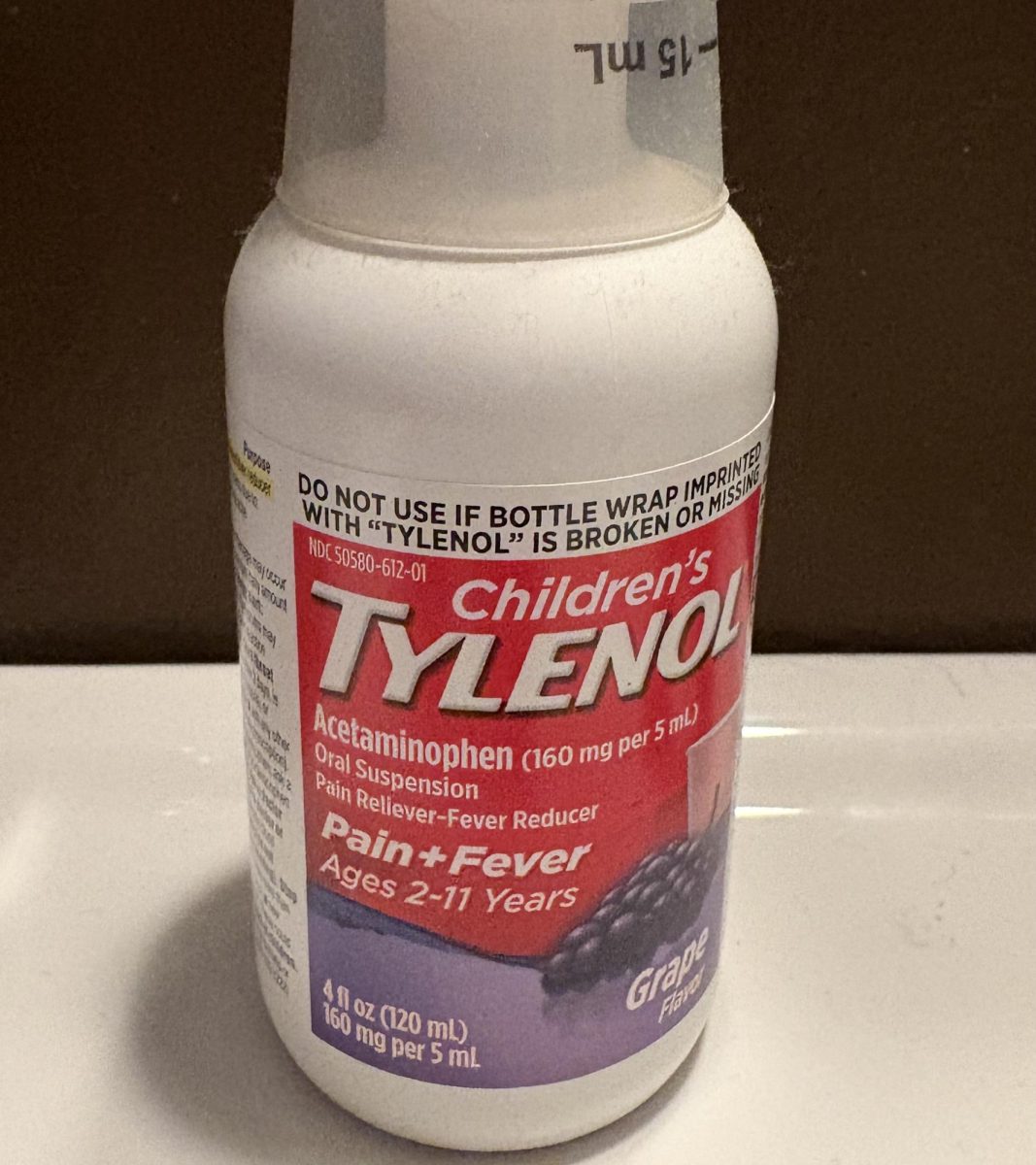On Nov. 7, the Food and Drug Administration (FDA) announced its intention to proceed with the removal of phenylephrine, a common decongestant found in a variety of over-the-counter medicinal products. Phenylephrine is an active ingredient in many allergy medicines, such as DayQuil, Advil, and Tylenol, and is used regularly by hundreds of millions of Americans.
The decision sparked from a panel held last fall, where a Drug Advisory Committee came to a consensus that there was not sufficient evidence that oral phenylephrine was effective enough to warrant its usage in cold medicines. As a result of this prior decision, some pharmacies such as CVS stopped selling products solely containing phenylephrine. However, many others such as Walgreens and Rite Aid still currently sell them. After further findings, though, the drug is unlikely to find itself on any shelves in the upcoming year.
In its report, the FDA cited a study published earlier in the week, which found that only a fraction of a percent of phenylephrine entered the bloodstream when swallowed at the recommended doses. Furthermore, it found that “due to significant issues with study design, methodology, disease context, conduct, and statistical analysis,” a prior 1994 decision which claimed much higher effectiveness of phenylephrine could not be viewed as legitimate.
“Based on our review of available data, and consistent with the advice of the advisory committee, we are taking this next step in the process to propose removing oral phenylephrine because it is not effective as a nasal decongestant,” said Patrizia Cavazzoni, director of the FDA’s Center for Drug Evaluation and Research, per their official news briefing.
The implications of this verdict are vast. Phenylephrine was first approved nearly 50 years ago for public use, and has had to undergo multiple investigations in the past. These include two in 1994 and 2007, which supposedly confirmed its usefulness. New research classifying these findings as inaccurate, and the various medications which use phenylephrine as being little more than placebos, has fostered mistrust against both the FDA and the medical industry as a whole.
Furthermore, this decision severely limits the amount of remaining medicines which will be available once the removal of phenylephrine is complete, since three of the five best-selling medicines contain the drug, making up $1.8 billion in sales annually. The Consumer Healthcare Products Association (CHPA) was one of the organizations to come out against the ruling, advocating for the millions of Americans who have limited options when it comes to medicinal purchases.
“Consumers need options for self-care, and freedom of choice for self-care is a core attribute of our nation’s healthcare system. [Phenylephrine] should remain an available option for consumers, because Americans deserve the option to choose the safe and effective OTC medicines they prefer and rely on,” said CHPA’s President Scott Melville.
While some are upset at the verdict, others view it as a positive, and as proof that government organizations are doing their job in protecting the American people from unsafe and ineffective medications. Whether the public believes the decision is right or wrong, it is certain to have massive effects on the future of pharmaceutical products and their approval processes.


